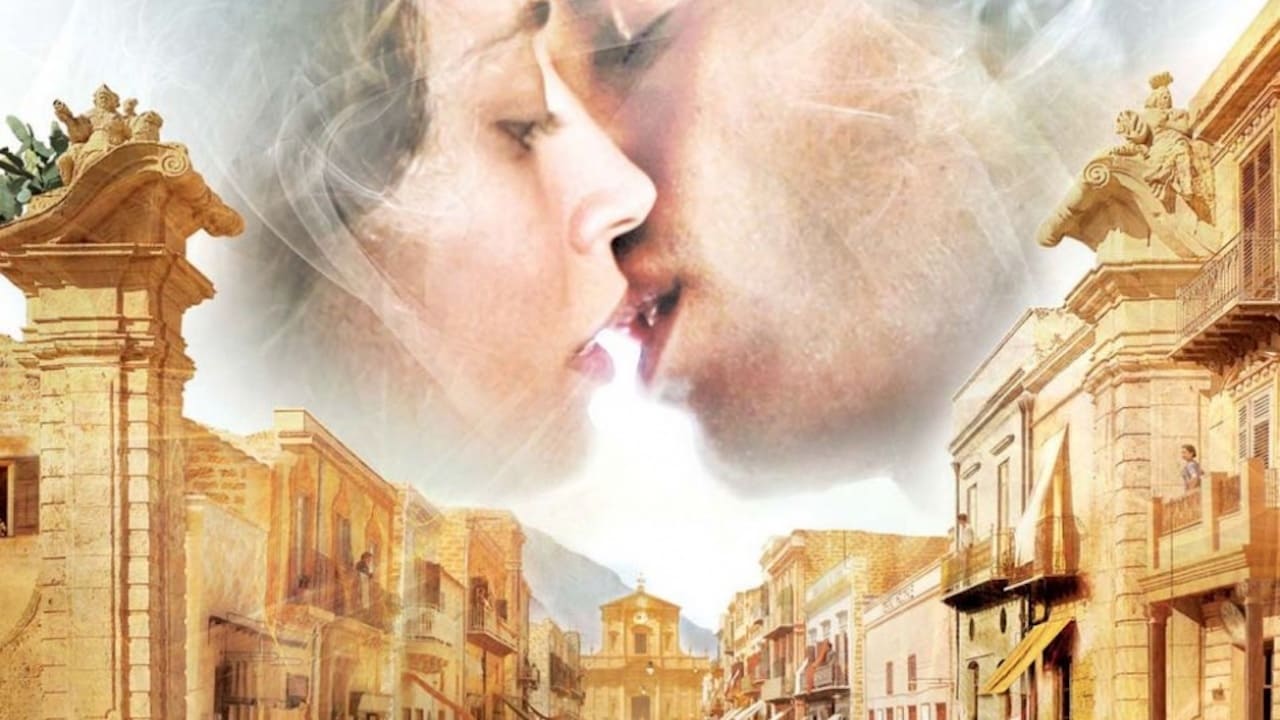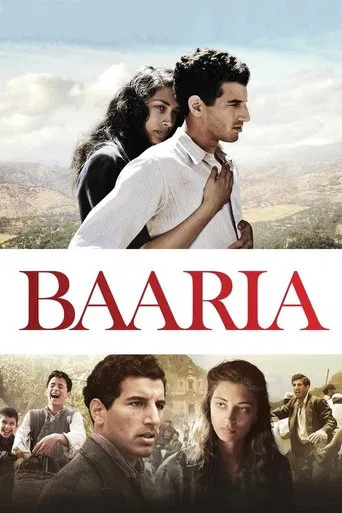

What makes it different from others?
... View MoreClever and entertaining enough to recommend even to members of the 1%
... View MoreThis story has more twists and turns than a second-rate soap opera.
... View MoreThe first must-see film of the year.
... View MoreThis is not a movie. This is a string of scenes, many of them photographed with remarkable, original beauty. It's a fresco of life in Southern Italy from the 1920s to the present. But there are far too many individual scenes, and they don't coalesce to form a movie.That doesn't mean that you shouldn't watch it. Quite to the contrary. A lot of it is really remarkably beautiful.But, unlike in Cinema Paradiso, the characters don't really come alive. It is not, unlike that masterpiece, a movie about people. It is a collection of often very beautiful images.A warning: the subtitles were often very hard to read on the copy I had. They did not stand out against the often very bright background.
... View MoreI just saw it tonight and I found it unbelievably superficial and pseudo-artistic (or "superficially artistic" if you want). It seems like he couldn't stop "talking" and bringing in new themes and subplots into the movie, to the point that there was no point at the end! Just an endless blah-blah-blah-blah-blah! It was as if Tornatore was afraid this would be his last movie ever, so he had to tell us everything that's ever crossed his mind... Even the music seemed totally contrived to me. Trying to impress and move the audience at every single, boring, supposedly moving, scene. Tolerable for the artistic features (cinematography, scenery, costumes, etc.) but other than that long-winded and babbling. I would definitely not propose it.P.S. Oh, and Monica Bellucci's breasts make a cameo appearance for something like 10 seconds. How can you treat your actors like that? (And why did she have to accept this... "role"?)
... View More"Baaria" is definitely a movie to be seen. It's not Jet Lee. It's not Brangelina. It's a movie, not fast food. Tornatore has put all his nostalgia and memories in it. There is a lot to explore and to understand. The movie is full of interesting characters, there is a little magic too, with the old woman that appears just in pasta time. What we see is not the saga of a boy, but the saga of a whole country. Its run-time is more than the usual, 163 minutes, but once you get in the movie you won't mind unless you have Big Brother to watch at home. There is a bit of "Cinema Paradiso" in Baaria, there are bits that remind you of "The Starmaker" there is something of "Malena" too. But Baaria stands of itself. If you like Tornatore, this movie is not gonna let you down.
... View MoreThis is Tornatore's biggest effort in trying to produce a great epic movie the way Sergio Leone could have done. But Tornatore's epic is mixed with his own personal memories and feelings rather than being a more detached study and portrait of an age and a specific place, circumstance that has made some people compare this movie with Fellini's Amarcord. Given the generous parallels, I believe this is a really good movie, I enjoyed every frame of it, but the sensation is that it could have been even better! This may be due to the fact he tries to say too many things at once and such things are not necessarily all that well linked together, resulting in a weak plot. Morricone does as usual a good work, but not a great one, as no theme was in my head at the end of the movie (while watching it I completely forgot he was the composer).Anyway I really hope this movie will win some deserved awards as it is a great effort from a great master of cinema and, as Once Upon a Time in America, they both end with a laughter and leave the impression the whole story may be just a dream... this is ultimately what cinema is all about. 8/10
... View More